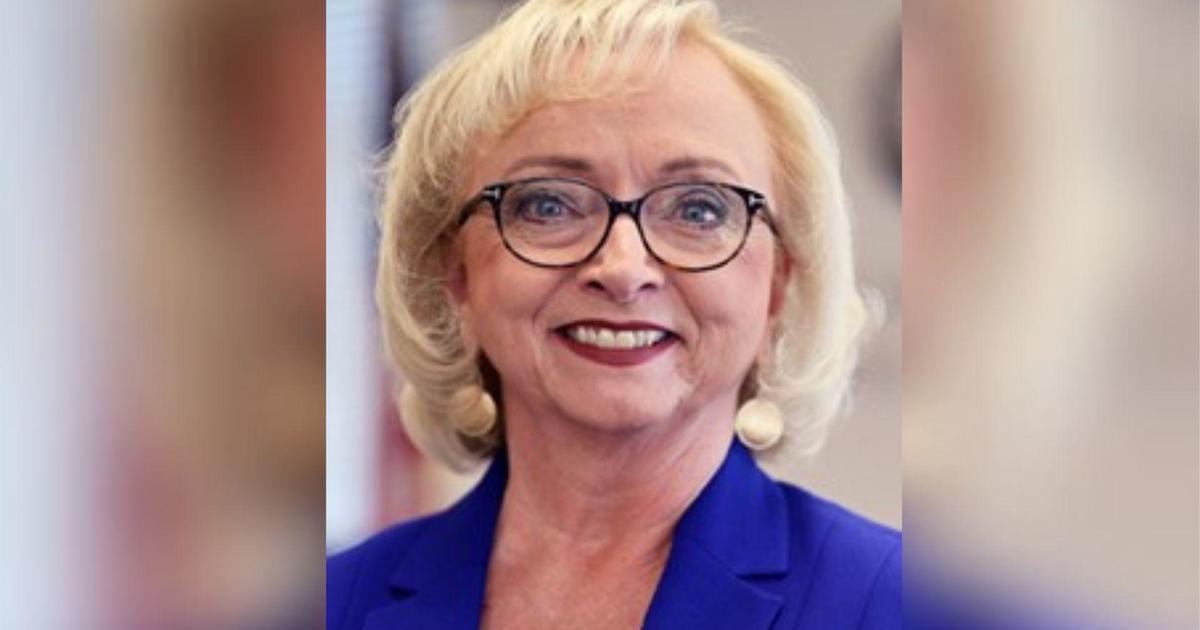Muslim Activist Encourages Peers To Balance Faith
By PAMELA CONSTABLE
The Washington Post
WASHINGTON (AP) -- Within the span of about a week recently, Haris Tarin spoke at a Washington panel on how the next U.S. president can combat violent Islamic extremism, delivered a guest sermon for Eid in Alexandria, launched an ad campaign on District buses calling for religious tolerance, and hosted an election night party and discussion in Great Falls.
Tarin, the full-time Washington representative of the Muslim Public Affairs Council (MPAC), seems to be everywhere at once. Yet he also walks a tightrope between American critics who see his group as a diplomatic front for radical Islamists and conservative fellow Muslims who fear it is going too far to accommodate American values, security needs or misperceptions about their faith.
Tarin, 34, describes himself as a "passionate moderate" who speaks for others of his generation -- hundreds of thousands of young Muslim Americans who are trying to find a balance between the enveloping faith of their foreign-born parents and the freewheeling, participatory nature of Western society.
"We want to ensure that American Muslims are seen as an integral part of the American fabric, that they feel comfortable with both their faith and their American identity," he said. "We want to be seen as partners, not suspects."
Tarin, who lives in Vienna with his wife and two children, moves smoothly between these two worlds. At the Eid service in Alexandria, he wore casual Western clothes but recited prayers in perfect Arabic. Afterward, he urged worshipers to vote in the U.S. election, saying: "We have a civic duty to engage in our society. If you don't make your voice heard, someone else will."
Another of Tarin's agendas is to promote a rational, nonviolent perspective on issues that stoke tensions between Muslims and other Americans, including the recent video mocking the prophet Muhammad and the mass transit ad campaign by activist Pamela Geller warning that "creeping ¡sharia" law threatens the United States.
To counter the video, Tarin's group put out an Internet message in four Middle Eastern languages calling for a peaceful response. "We got almost a million hits on it," he said. To counter the transit ads, MPAC bought space for messages that call on people to unite against "bigotry and hatred." The launch of its ad campaign on District buses, scheduled for a couple of weeks ago, was pushed back by Hurricane Sandy until later that week.
"These extremists are using scare tactics to push their agenda," he said. "They want to marginalize Muslims and benefit from fear-mongering. We want to integrate Muslims and put out a message that is positive and mature."
Tarin is the son of a former Afghan diplomat whose family fled their war-torn homeland when he was 4, a harrowing ordeal that he recalls vividly. He grew up in Los Angeles, earned a BA at California State University, Northridge, and taught Islamic and social studies at a Muslim school. He then moved to a job at MPAC, the publicity arm of the Islamic Center of Southern California, whose Web site says it promotes Islam in line with progressive, peaceful and nonsectarian values.
In 2007, Tarin became director of MPAC's small office in Washington, where he has built relationships with officials in the Obama administration and advocacy groups that work on issues of terrorism and national security. He said the highlight of his five years in the capital was when President Obama called him to encourage his anti-violence agenda and his outreach to young Muslim Americans.
"What I like about working with Haris and MPAC is that they understand both the needs of their community and the way Washington works," said Heather Hurlburt, director of the nonprofit National Security Network, who has collaborated with Tarin on congressional briefings. "It's an incredible challenge for a Muslim group to emerge as an advocate in the national security area, and they are really impressive."
Although Tarin and MPAC have repeatedly denounced Islamic extremism, they are viewed with deep suspicion by some conservative American groups, who allege that MPAC's founders have been apologists for radical groups overseas, including the Muslim Brotherhood and Hezbollah.
The nonprofit Investigative Project on Terrorism alleged recently that MPAC's president, Iraqi exile Salam Al-Marayati, had defended terrorist groups, denounced Israel and refused to cooperate with law enforcement. It also said several people it considered leading "jihadists," including Tarin, were enjoying free access and multiple visits to the White House.
Tarin, who has been to the White House often, said the accusations had "no basis" and were part of a smear campaign. Marayati, in a recent op-ed piece in The Washington Post, condemned what he termed the "extremist fringe" of Muslims who call for violence and described the great majority of American Muslims as a flourishing, charitable and patriotic group that should be judged by those values.
Nevertheless, such attacks have made Tarin and his group careful to disassociate themselves from foreign and radical Muslim groups. Tarin said they accept no funding from abroad, and when Egyptian delegates from the Muslim Brotherhood visited Washington in April, Tarin's office abruptly canceled a meeting planned with them.
From a different quarter, Tarin said, some older conservative Muslim Americans have criticized MPAC for what they see as a liberal and pro-American agenda, fearful that Islam will lose its authority over the young as secular American values increase their hold. "People say we're watering down the religion, but we're trying to make it relevant," he said.
Among students and younger professionals, though, MPAC's message has resonated widely. Last month, a group of young Muslims from Northern Virginia formed an organization called Make Space, with help from Tarin, which they said seeks to help other young Muslim Americans bridge cultural and religious gaps.
"We respect how our parents think, but Muslim immigrants can also carry cultural baggage and misunderstandings, like how to treat women or non-Muslims," said Hasan Shah, 33, a member and former Marine who works for a medical charity. "Most of us were born and grew up here. We are both Americans and Muslims, and we need to balance that. Let's look at Islam as it applies to America."
In the summer, MPAC organized a week-long youth leadership conference in the District and invited young Muslims from across the United States to meet administration officials and others. The goal was to inspire them to get involved in politics and public life and to provide them with the skills and contacts to start.
Mohammad Azraf Ullah, 18, a Herndon resident who is studying computer science at Northern Virginia Community College, said that after attending the conference, "I felt like I could really make a change. The point was to learn techniques, engage people and get into the fabric of the U.S. If we can pave the way, we can make sure others have the same opportunity."
(Copyright 2012 by The Associated Press. All Rights Reserved.)



